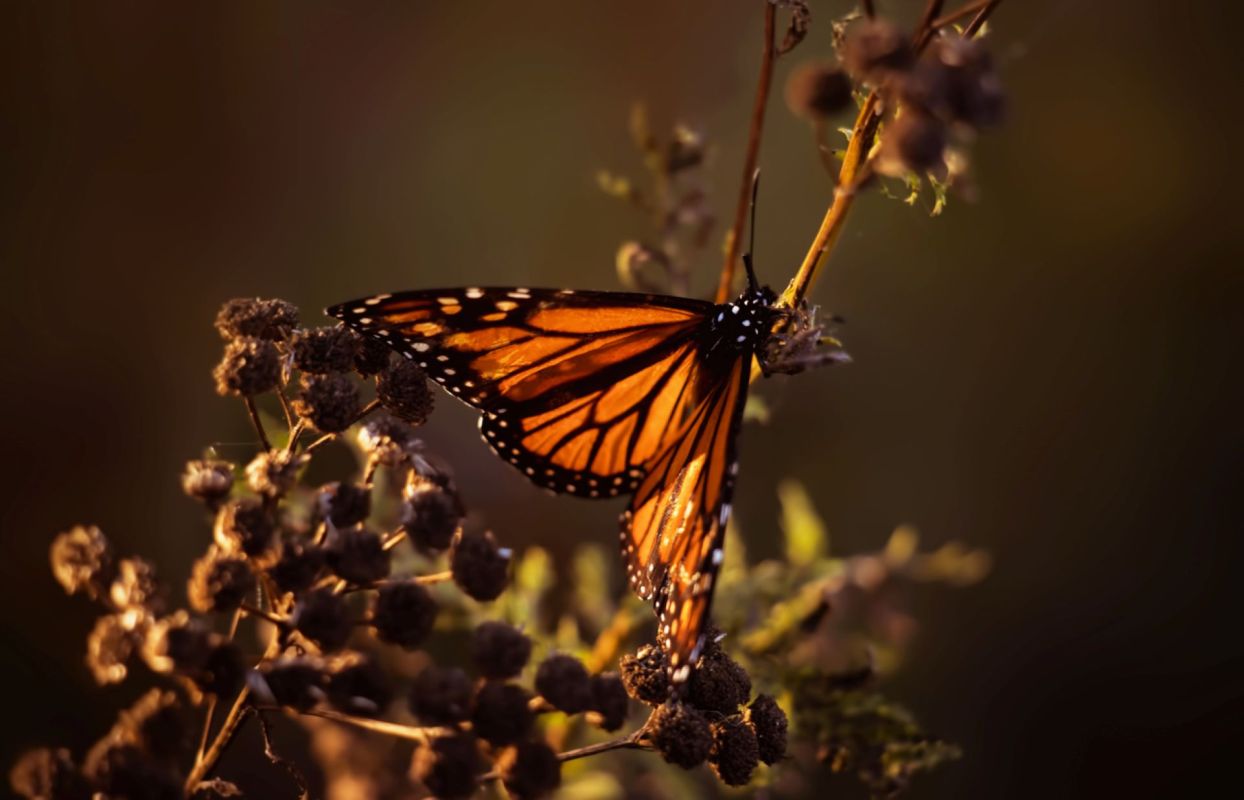A gardener recently confirmed that people without huge yards can still do their part to help endangered monarch butterflies.
In the subreddit r/NativePlantGardening, a Redditor asked whether butterfly milkweed would grow in pots.
"My driveway gets a lot of sun so I thought it would be a good place to plant butterfly milkweed in pots … Has anyone here done this and if so how well did it work? What about for other species of milkweed?" they inquired.
"I actually have more luck growing it in containers than I do in the ground," one commenter responded, adding that their milkweed has "been thriving for years" and has avoided being nibbled on by other wildlife.
"I've grown both swamp and butterfly in pots without a problem but I do use fairly large pots," another person added.
According to Gardening Know How, other milkweed species can also thrive in pots, including the tropical and whorled varieties.
Milkweed is one of the main sources of food for the butterfly. Sadly, the use of pesticides and herbicides, which contain toxic chemicals, has been killing the flowering plant and thus creating a threat to the monarch.
According to the Natural Resources Defense Council, milkweed is the sole plant that monarchs will lay their eggs on, and its decimation contributed to an 80% reduction in the number of the butterflies over the last 20 years.
Controlling weeds without chemicals and rewilding yards are great ways to help vital pollinators like monarch butterflies, with native plants helping people save significant money on water bills to boot.
However, as the OP noted, their situation didn't allow them to transform their yard in a more substantial way, demonstrating how getting a little creative with gardening can make a positive impact.
"I put butterfly milkweed in my potted citrus plants. They come back every year now on their own," one Redditor added.
"I have two pots of butterfly milkweed that have been going for four years now … I do water them if it's been especially dry and they get put away in a shed every winter … They're thriving, they bloom every year and produce a ton of seeds," another wrote.
Join our free newsletter for easy tips to save more, waste less, and help yourself while helping the planet.









